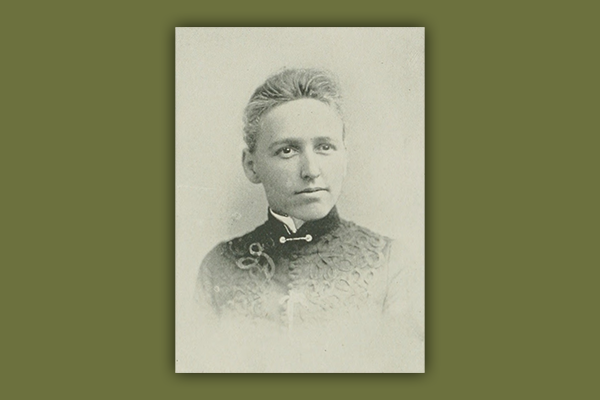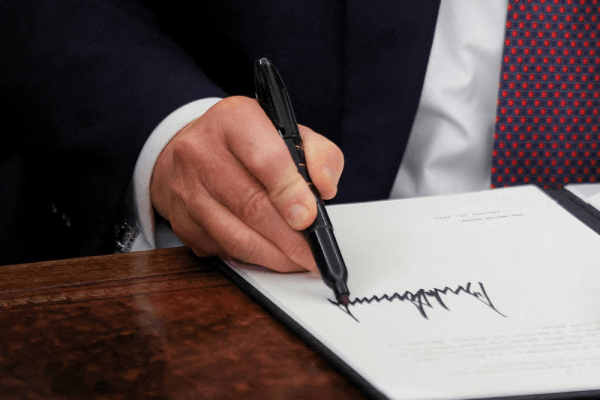Many pastors and church leaders are now feeling, even more acutely, the pressure of deciding when and how to reopen and resume in-person services. But in order to reopen well, a church must be committed to biblical guidance and best practices identified by local governments, scientists, and epidemiologists. Below are eight questions church leaders need to ask before reopening.
1. Do we have the time to prepare effectively?
Church leaders need and deserve time to effectively prepare to reopen safely. Reopening requires careful and thoughtful planning, intentional and effective communication with every person in the congregation, recruiting and training volunteers, purchasing requisite resources that are already in limited supply, and more. Reopening too quickly will not allow churches to have enough time to serve their congregation well and will not encourage the safety needed at this time.
2. Do we understand how church life is inherently different than other expressions of civic life?
While many of the businesses that have stayed open, or are being authorized to reopen, are inherently transactional, what happens in churches in inherently social and relational. We eat together; we sing together; we embrace one another; we care for one another’s children. These familiar patterns have been ingrained in us through years of meeting together, and will be challenging for many to shake even when we know the risk and have a plan in place.
3. How do our rituals potentially increase infection risk?
Before COVID-19, many Christians didn’t give much thought to passing a plate with bread or small juice glasses down the aisles. We didn’t give much thought to the germs that we could easily pass on to others while in church. But today, we no longer have the privilege of not thinking about the transmission of germs. Yes, we will find ways to practice our essential rituals in safer ways, but that will take careful thought and time.
4. How have we been conditioned to interact in church?
Although church leaders can strategize and implement new policies and procedures to keep people who come to gather for worship safe, the reality is that we have been conditioned to behave in a particular way in the spaces where we gather to worship God together. And that conditioning — to shake a neighbor’s hand, to sing loudly toward the heavens, and even something as seemingly benign as the impulse to pick up something that falls out of a neighbor’s purse — is more powerful than we may realize.
5. How will people predict their own risk?
Over the last 15 years, the Humanitarian Disaster Institute has conducted research on those who weather disaster. We’ve consistently found that those who have endured all manner of natural and manmade disasters are notoriously bad at predicting risk. This means that while thoughtful leaders and well-meaning churchgoers may intend to engage in safe practices, human beings are naturally bad at predicting what may be risky behavior. We don’t know how people might respond to protective church policies like ignoring physical distancing recommendations, and this could be risky during this time.
6. What can recent history show us about the dangerous consequences of reopening churches prematurely?
The concerns many of us have about reopening churches prematurely are not theoretical. Not only are they based on scientific and psychological evidence of how this virus behaves and how humans behave, we have already seen the virus spread unnecessarily when churches reopen. We’ve already witnessed this globally in South Korea and locally in Georgia, Texas, and Arkansas.
7. Will people behave in the ways we expect and ask them to behave?
Church leaders can orchestrate the most thoughtful plans for reopening their churches — either this weekend or three months from now — but the nature of human beings is such that not all are equipped to execute the legislated procedures by the book. Toddlers, some people with intellectual disabilities, and some people with dementia may not be able to follow the safety protocols established by churches.
8. How will we protect those at greatest risk?
If infection with COVID-19 produced immediate green spots on one’s extremities, or purple stripes across one’s face, we would be better prepared to contain it. But because some carrying the virus will be asymptomatic, the “healthy” among us may be putting those who are more vulnerable at risk. While it’s natural that the elderly or people with disabilities who endure a particular kind of isolation at home will be most eager to return to church life, they are the ones who may suffer the most if churches reopen too quickly.
As Christians, we are committed to practicing the love of God and love of neighbor. This includes doing what we can to safely reopen churches.
Got something to say about what you're reading? We value your feedback!








